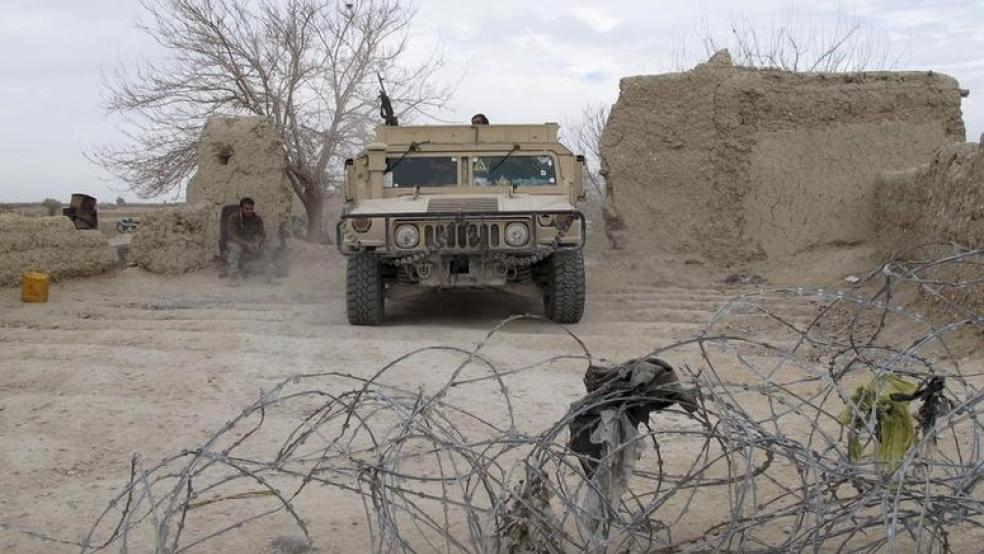The top watchdog for U.S. spending in Afghanistan recently gave a blunt assessment of the conditions in the war-torn country.
“Conditions are not, to put it mildly, what we would hope to see 15 years into a counterinsurgency and nation-building campaign,” John Sopko, the Special Inspector General for Afghanistan Reconstruction, said Thursday in a speech at Harvard University.
Related: US Taxpayers Paid Millions for Shoddy, Unsafe Buildings in Afghanistan
Since the office was established in 2008, SIGAR has produced over 200 audits, inspections, letters and reports scrutinizing how the U.S. has spent $113 billion in reconstruction funds in Afghanistan since fiscal year 2002.
Sixty-one percent of those funds ($68 billion) has been spent on security alone, according to Sopko, yet large swaths of the country are “effectively off-limits to foreign personnel, whether they are managing projects or responsible for oversight functions.”
And there are “still evil omens for the future,” such as an Afghan Ministry of Education recently saying that 714 schools have been closed and more than 2.5 million children were being denied schooling, primarily because of the ongoing conflict.
Sopko said that based on what he’s seen personally as well as the assessment of other top U.S. officials, it’s clear that “The reconstruction effort in Afghanistan is in a perilous state.”
Related: How Millions of Taxpayer Dollars Were Wasted on Afghan Mining Projects
“Fifteen years into an unfinished work of funding and fighting, we must indeed ask, ‘What went wrong?’”
Part of the answer lies in the long list of full or partial failures, but the U.S. must also pay the “keenest attention” to some of the root causes behind the various debacles and boondoggles, such as corruption in the Afghan government and proper contract management, Sopko said.
That won’t be an easy task, given that the U.S. military has dramatically shrunk its footprint in the country in recent years. That means the ability to collect reliable information and data on various reconstruction efforts will undoubtedly be impaired. This will likely lead to yet more cases of taxpayer dollars being wasted or mismanaged.
Sopko concluded his prepared remarks with this list of U.S. reconstruction failures, which he said were seen in both Iraq and Afghanistan:
- Failure to expect surprising things to happen.
- Failure to make adequate provision for problems and countermeasures once you intervene.
- Failure to understand local culture, grievances, and expectations.
- Failure to identify key players, their motives, and their susceptibilities.
- Failure to remember that money, power, and other inducements can and will lead some people far from the path of duty.
- Failure to coordinate plans and activities among your own agencies, and with local officials and leaders, international allies, civil society, and nongovernmental organizations.
- And, especially important from SIGAR's point of view, failure to provide for comprehensive oversight before you intervene, not years afterward.





